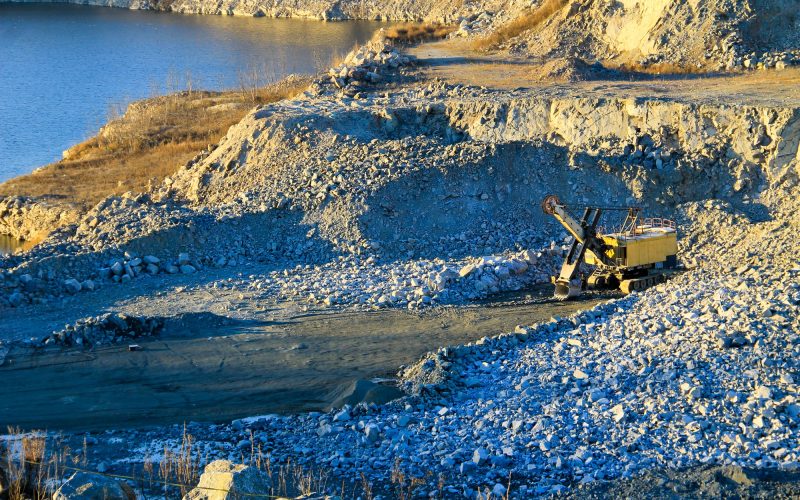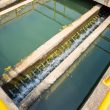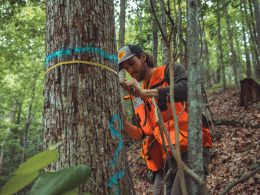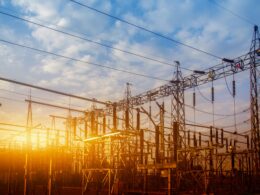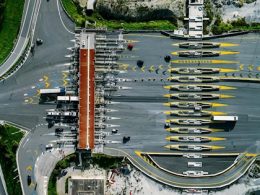The Democratic Republic of Congo (DR Congo) has initiated criminal proceedings in France and Belgium against Apple subsidiaries, accusing the tech giant of sourcing minerals linked to armed conflict.
Acting on behalf of the Congolese government, lawyers allege Apple is complicit in crimes committed by militias controlling mines in eastern DR Congo. The claims suggest the company’s supply chain is tainted with “blood minerals,” including tin, tantalum, and tungsten, allegedly laundered through international networks.
“These activities have fuelled violence, financed militias, and contributed to forced child labour and environmental devastation,” the lawyers said in a statement.
Apple has firmly denied the accusations, asserting its commitment to responsible sourcing. A spokesperson stated, “As conflict in the region escalated earlier this year, we notified our suppliers that their smelters and refiners must suspend sourcing tin, tantalum, tungsten, and gold from the DRC and Rwanda. We took this action because we were concerned it was no longer possible for independent auditors or industry certification mechanisms to perform the due diligence required to meet our high standards.”
The east of DR Congo is a key supplier of minerals essential for electronic devices, and global demand has long been linked to conflict in the region. Rights groups allege that both legitimate mines and those controlled by armed groups supply materials to international markets, fuelling wars and human rights abuses.
Authorities in France and Belgium will now assess whether sufficient evidence exists to advance the case against Apple.
Neighbouring Rwanda, frequently accused of facilitating the flow of conflict minerals, has dismissed the Congolese government’s legal actions as a “media stunt” and denies selling any conflict minerals to Apple.
The case shines a spotlight on the ethical challenges facing global supply chains and the ongoing violence in DR Congo, driven by the demand for minerals used in everyday electronic devices.















